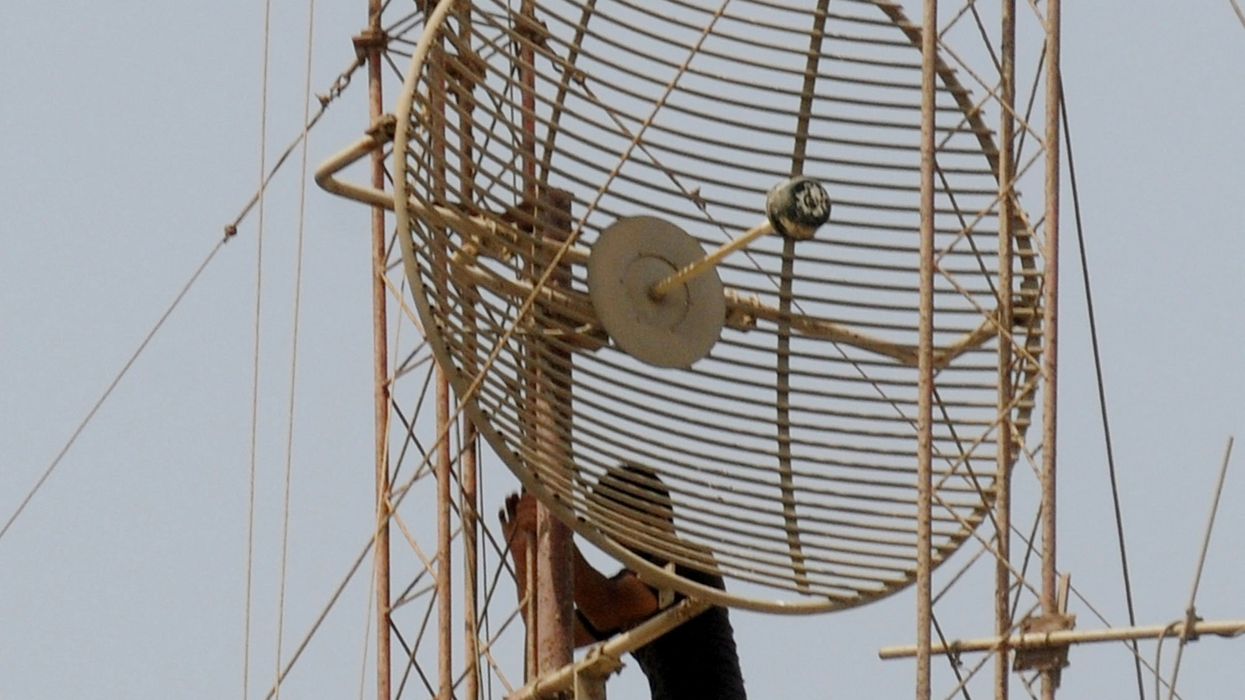PAKISTAN’S largest conglomerate, Engro Corp, in partnership with Veon, plans to expand telecom tower-sharing coverage and explore innovative new uses for telecom infrastructure.
“Pakistan is a very large market in terms of telecom, which keeps growing larger,” Samad Dawood, vice-chairman of Dawood Hercules Corp, which owns 40 per cent of Engro Corp, told Reuters.
“This infrastructure business, with scale, allows us to utilise telecom infrastructure better in Pakistan and eventually also serve international markets as well,” said Dawood, identifying countries from “the Atlantic coast of Morocco all the way to Central Asian states” as potential markets.
Engro and Dutch telecommunication and digital services company Veon announced last week plans to pool and manage their infrastructure assets in Pakistan.
The companies plan expanding tower sharing coverage to other operators and looking into to other use cases, which could include electronic vehicle charging and drone landing.
Under the partnership, Engro will pay Jazz, Veon’s digital operator in Pakistan, $188 million and will guarantee the repayment of Deodar’s intercompany debt of $375 million.
This remains subject to corporate and regulatory approvals. Deodar, under Veon, has a total tower count of 10,500 in Pakistan, while Engro’s existing tower count under Engro Enfrashare is 4,063, according to Topline Securities.
Earlier this year, Engro’s Dawood said restructuring would allow the firm to tap into broader economic opportunities, citing a challenging macroeconomic environment as a reason for the company’s restructuring.
Pakistan is navigating a challenging economic recovery path, having completed a $3 billion (£2.3bn) IMF bailout in April and now undertaking a $7bn (£5.4bn), 37-month bailout, approved in September, to ensure macroeconomic stability.
However, Dawood now said things have changed, which have led to Engro’s largest transaction in Pakistani rupee terms.
“The actions taken in Pakistan over the last few quarters, along with hard decisions for macroeconomic stability, have led to this deal,” he said, adding that interest rates and inflation falling, combined with Pakistan’s ongoing IMF programme, have also helped.
” Pakistan slashed interest rates to 15 per cent in November from a record high of 22 per cent earlier this year. Inflation has slowed down to 4.9 per cent in November, from a multi-decade high of almost 40 per cent in 2023.
“The incoming macro stability and IMF’s seal of approval has a huge impact on foreign financiers to look at Pakistan as an invest-able market,” Dawood said. (Reuters)




